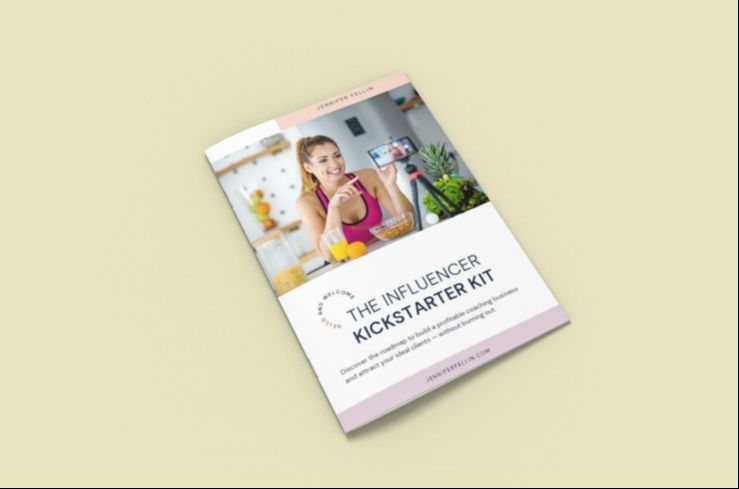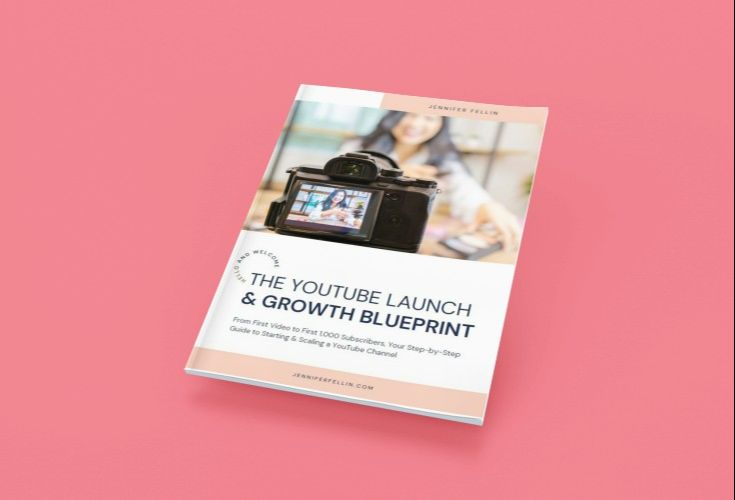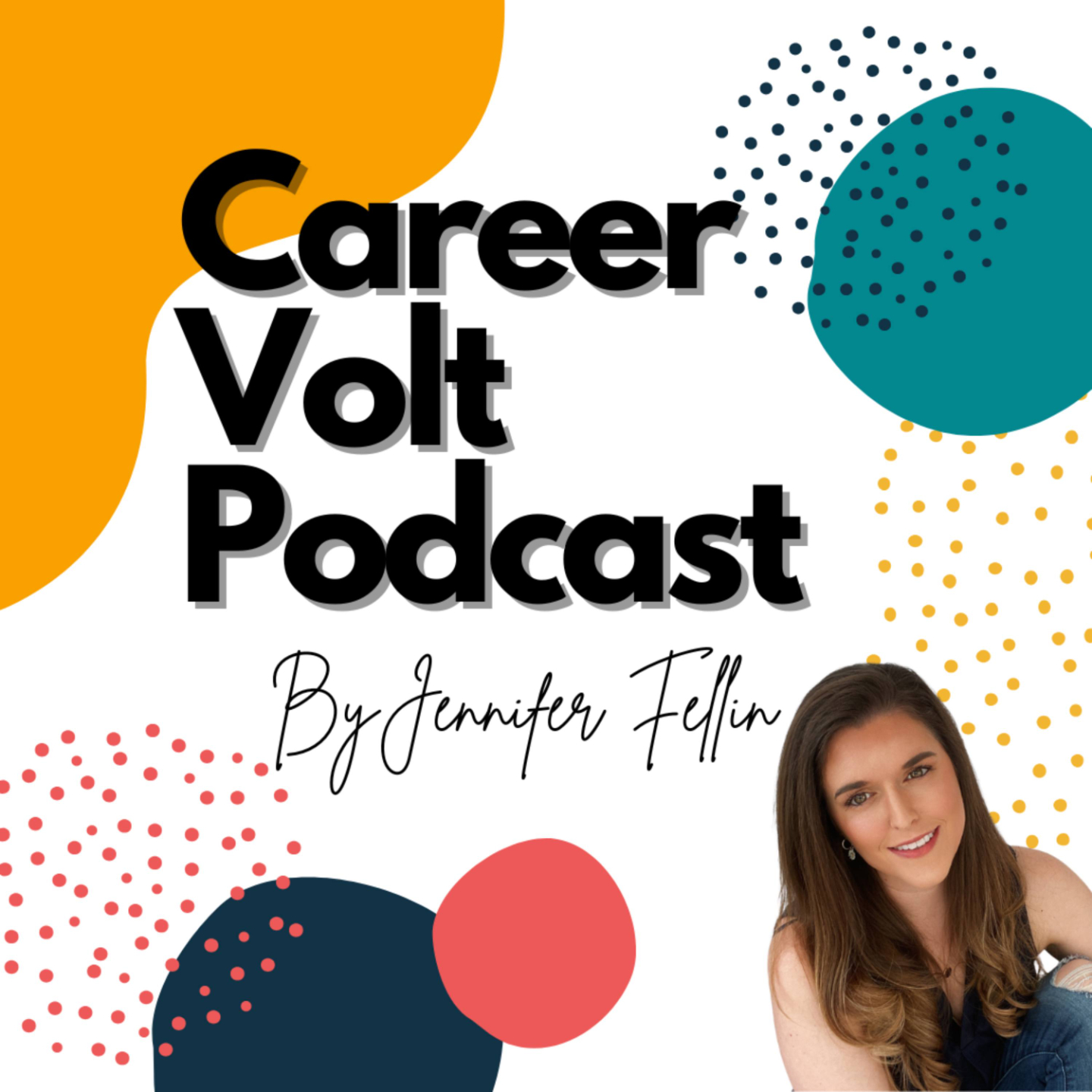Ace Your Next Interview: Top Questions and Best Practices
Dec 13, 2022
A comprehensive guide to acing your next job interview, including common interview questions, expert tips for acing the interview, and best practices for preparation.
Landing a job can be challenging, and the interview is often the most nerve-wracking part. However, with the proper preparation and knowledge, you can ace your next interview and increase your chances of making a great impression.
This article will discuss the top questions you will likely encounter in an interview and some best practices to follow. By the end of this article, you will have the knowledge and tools you need to stand out from the competition and impress your potential employer.
5 Common Interview Questions and How to Answer Them With Confidence
Specific questions are commonly asked in most interviews. By practicing these questions before going for your interview, you could be at an advantage. You can already draft and practice your responses with a friend or family member acting like the recruiter.
However, you should ensure that the information you provide is tailored to the job position and the company you are applying to.
- “Tell me about yourself”
When answering this question, it's essential to provide a brief overview of your professional background and highlight your relevant skills and experience. Avoid discussing personal details or going off on tangents. Instead, focus on your career achievements, work experience, education, relevant skills, and how they align with the job you're applying for.
You can also mention any personal interests or hobbies that may set you apart from other candidates. However, ensure that your answers are brief and straight to the point.
An example answer is:
“I'm a recent graduate with a degree in marketing and two years of intern experience at a top advertising agency. I enjoy staying up-to-date on industry trends and learning new marketing strategies in my free time. I'm excited to apply my skills and experience to this role and make a meaningful contribution to your team.”
- "Why do you want to work for this company?"
When answering this question, show your enthusiasm and passion for the company and the industry. Share any relevant research you've done on the company and explain how your skills and experience make you a good fit for the role. In addition, remember to mention what you like about the company's culture, mission, and goals and how your career goals align with their needs.
An example answer is:
“I want to work in this company because I am impressed by its mission and values, and my skills and experiences align well with the company's goals and culture. I am particularly drawn to the company's focus on innovation and collaboration, and I am excited about the opportunity to contribute to the team and make a positive impact. Additionally, I have researched the company and its industry, and it is a place where I can grow and develop professionally. Overall, I am eager to join the team and be part of the company's success.”
- "What are your strengths and weaknesses?"
When discussing your strengths, focus on your relevant skills and experience that make you a good candidate for the job. For example, if you're applying for a sales role, you could mention your ability to build relationships and close deals.
When discussing your weaknesses, be honest, and discuss areas where you're working to improve or areas you have previously made improvements. By employing this technique, you can give a question that might otherwise be negative a positive spin. In addition, you should refrain from discussing weaknesses directly related to the job requirements.
An example answer is:
"My strengths are my ability to work well in teams, my strong communication skills, and my attention to detail. I am also highly organized and efficient in managing my time. As for weaknesses, I can sometimes be a perfectionist and put too much pressure on myself to deliver perfect results. I am also still learning to delegate tasks effectively to others and trust in their abilities. However, I am always willing to learn and grow in these areas."
- "What challenges have you faced in your career, and how did you overcome them?"
This question allows you to showcase your problem-solving skills and resilience. Choose a challenge you faced and explain how you approached it, including any obstacles you encountered and how you overcame them. Avoid discussing challenges that reflect negatively on your previous employers or co-workers.
An example response is:
"One major challenge I have faced in my career is a lack of experience in a specific skill set required for a role. To overcome this challenge, I have taken on additional projects and training opportunities to gain more experience and improve my skills in that area. I have also sought out mentors and support from my colleagues to guide me and provide valuable insights. By putting in the extra effort and seeking out resources, I have successfully developed my skills and confidently take on roles that previously seemed out of reach."
- "Do you have any questions for me?"
This is your opportunity to show interest in the company and the role. Ask questions that will help you better understand the position, such as the day-to-day responsibilities, the company culture, and any opportunities for growth and development. This can be a great chance to stand out from the other candidates.
Most recruiters always anticipate that questions, so you have to be ready. You can come off as unprepared or uninterested if you don't ask the right questions. Finally, avoid asking about salary or benefits until the appropriate time in the hiring process.
5 Expert Tips for Acing Your Next Job Interview
Here are five tips to consider as you prepare for your next interview:
- Research the company and the role beforehand: One of the best things you can do to get ready for an interview is to research the company.
Knowing more about the company and the role you are applying for will help you tailor your responses and questions. Additionally, it demonstrates your enthusiasm for the company and desire to work there.
- Practice common interview questions with a friend or family member. This will help you feel more confident and prepared when answering questions in the interview.
- Dress professionally and arrive on time. First impressions are essential, and dressing and arriving professionally shows that you are serious and respectful of the company and the interviewer's time.
- Use the STAR interview model: The STAR Interview model is a structured approach for answering behavioral-based job interview questions.
STAR is an acronym for:
Situation: What occurrences or circumstances gave rise to an issue or problem?
Task: What duty or responsibility did you have?
Action: How did you play your part in improving things?
Result: What were the consequences of your actions?
By using this model to answer behavioral questions, the interviewer will better understand your problem-solving skills, decision-making abilities, and overall approach to handling challenging situations in the workplace.
Follow up with a thank-you note or email. This shows gratitude for the opportunity and reinforces your interest in the position. It is also an excellent opportunity to mention any additional information or qualifications you may have forgotten in the interview.











